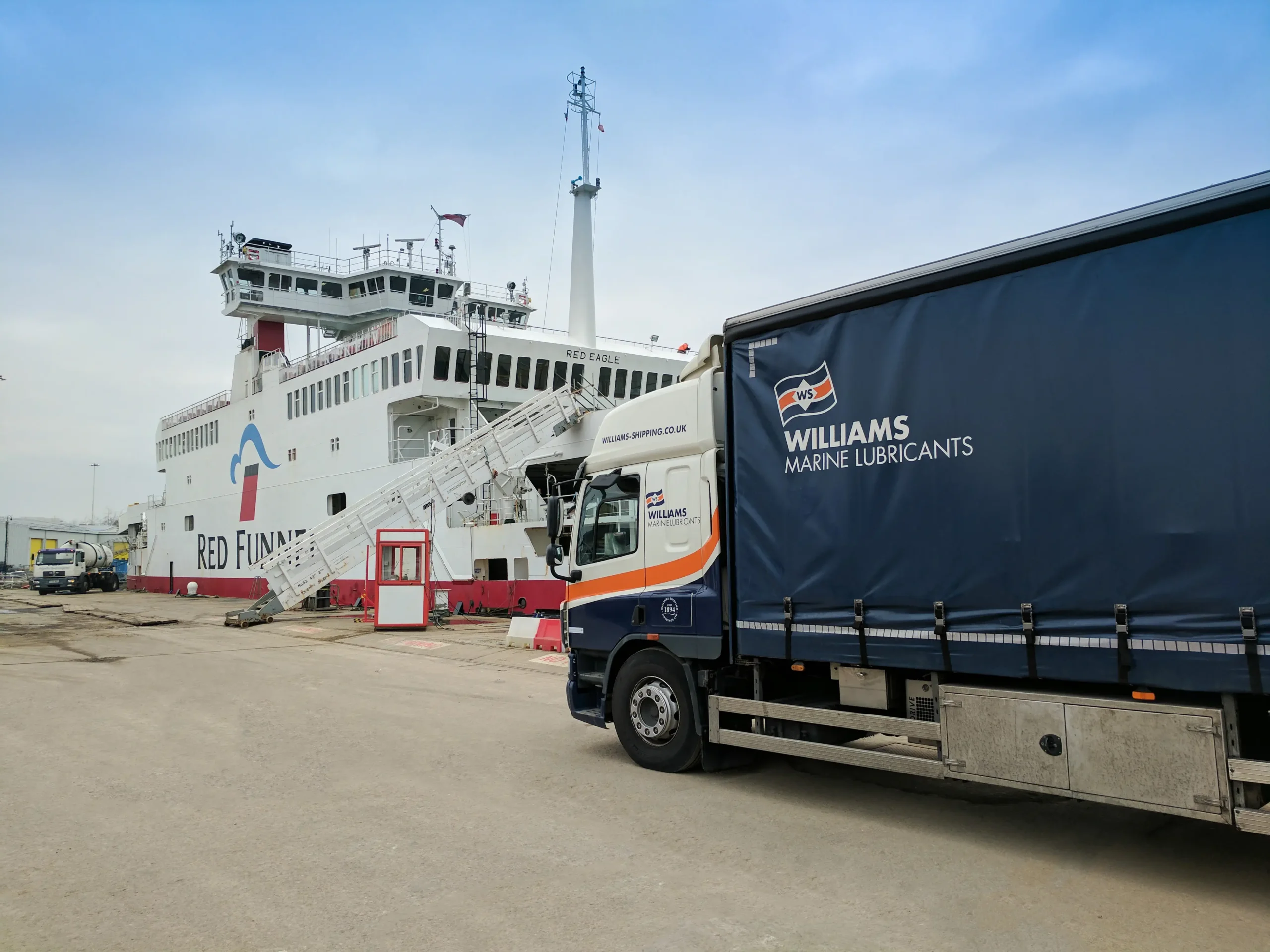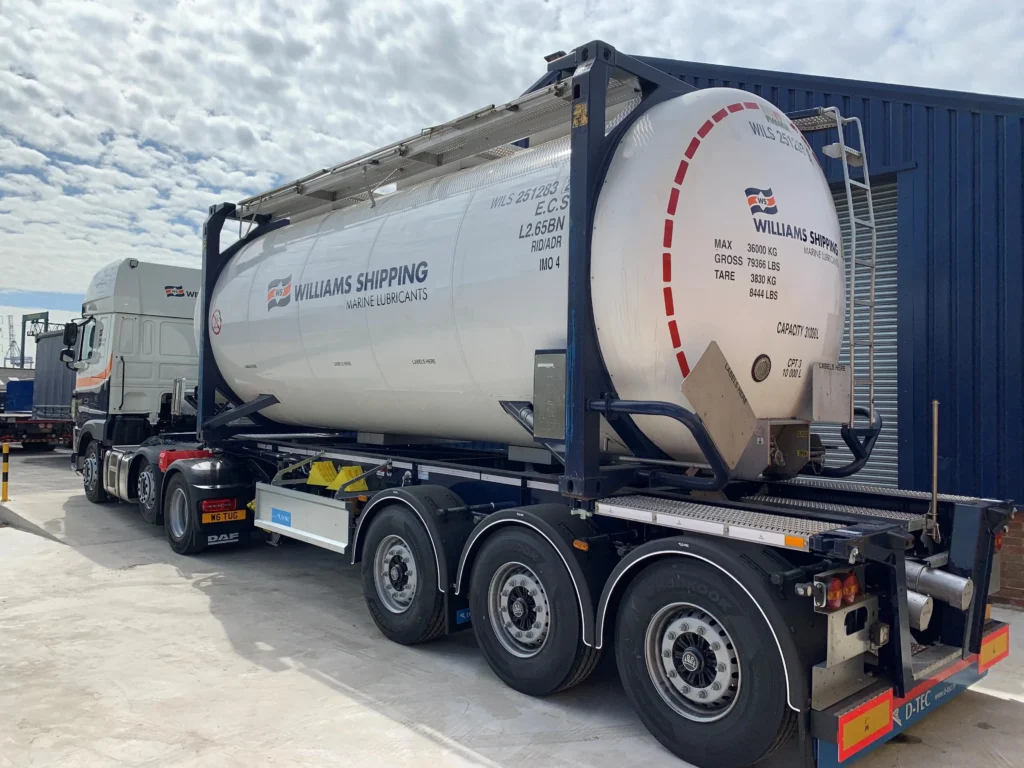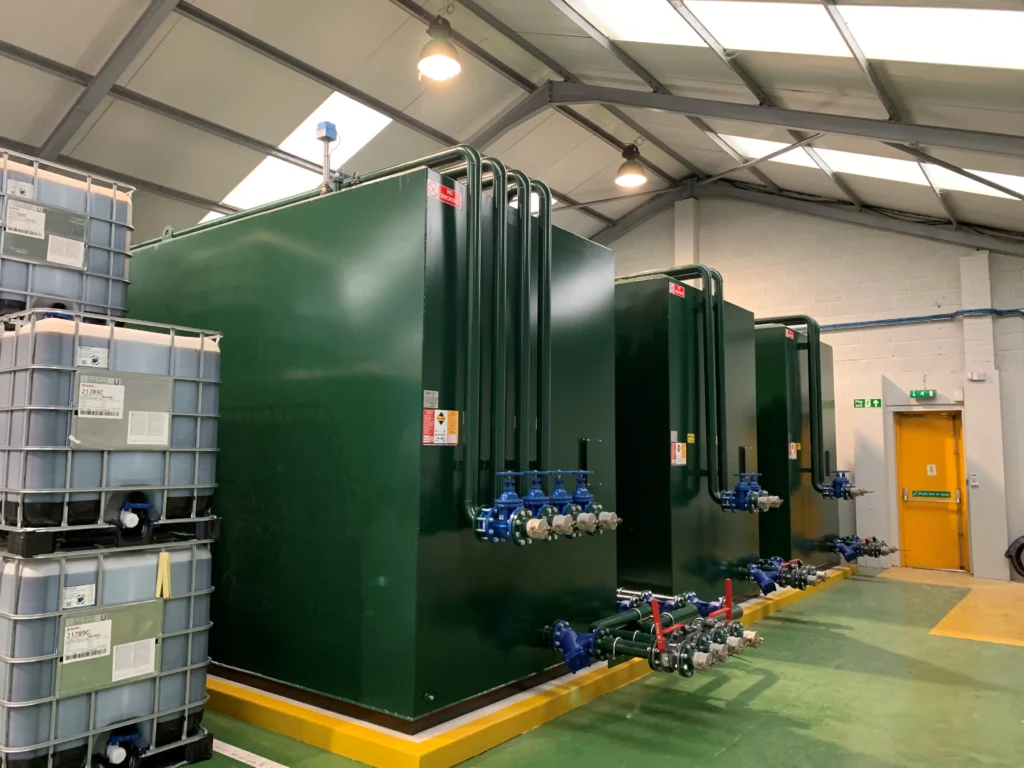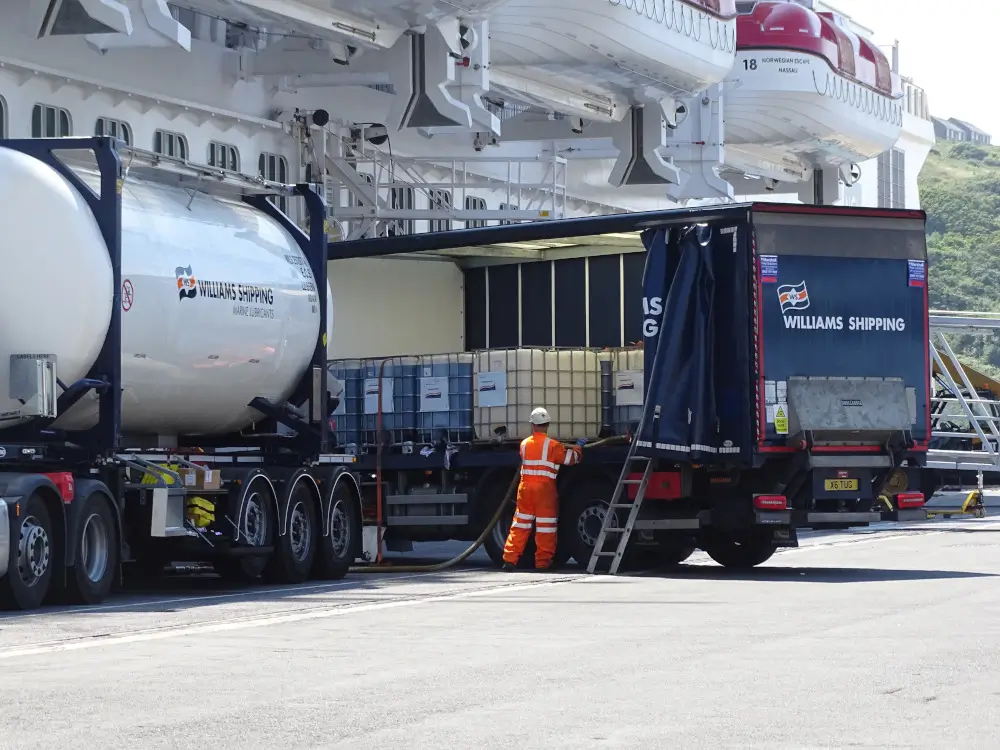
14th April 2025
8 Tips To Optimise Lubricating Oil Usage On Ships
In the demanding world of maritime operations, efficiency is key to both profitability and environmental responsibility. One significant area where improvements can be made is in the use of lubricating oil. Optimising lubricating oil usage on ships can lead to substantial cost savings, reduced environmental impact, and prolonged asset lifespan. Here are some crucial tips to help you achieve this.
1. Regular Oil Analysis is Paramount
Implementing a robust oil analysis program is fundamental. Routine sampling and analysis can identify potential issues early, such as contamination, wear debris, or viscosity changes. This proactive approach allows for timely intervention, preventing minor problems from escalating into costly repairs and the need for premature oil changes.
Best Practice: Establish a routine oil monitoring program with onboard and lab analysis. Samples should be taken at consistent intervals and tested for viscosity, acidity, water content, and wear particles.
2. Prevent Contamination at All Costs
Contamination is a major cause of lubricant degradation. Water, fuel, and particulate matter can significantly reduce the oil’s effectiveness and lifespan. Implementing strict procedures for oil handling, storage, and transfer is vital.
Best Practice: Ensuring proper sealing of tanks and equipment can also prevent the ingress of contaminants.

3. Choose the Right Lubricant for the Application
Selecting the appropriate lubricant grade and type for each specific piece of machinery is crucial. Using the wrong lubricant can lead to increased friction, wear, and energy consumption. Always refer to the manufacturer’s recommendations and consider the operating conditions.
Best Practice: Use OEM-approved lubricants that meet API, SAE, and ISO standards. Also, consider environmentally acceptable lubricants (EALs) where applicable for compliance with IMO and EPA regulations.
4. Ensure Efficient Filtration Systems
Effective filtration is key to removing particulate contamination and maintaining oil cleanliness. Regularly inspect and maintain filtration systems, replacing filters according to schedule or as indicated by oil analysis. Upgrading to more efficient filtration technologies can also be beneficial.
Best Practice: Consider bypass filtration systems or centrifugal purifiers for continuous cleaning of oil, particularly for high-stress systems such as main engines and thrusters.

5. Monitor Equipment Condition Regularly
Keeping a close eye on the condition of the machinery itself can provide valuable insights into lubrication effectiveness. Vibrations, or temperature increases can indicate lubrication issues that need addressing promptly.
Best Practice: Equip machinery with vibration and temperature sensors to detect lubrication issues in real-time. Condition-based monitoring (CBM) can reduce downtime and optimise lubrication schedules.
6. Implement Proper Storage and Handling Practices
Incorrect storage can compromise the quality of lubricating oil even before it’s used. Store lubricants in a cool, dry place, away from direct sunlight and potential contaminants. Use clean and dedicated equipment for handling and dispensing oils.
Best Practice: Ensure that all lubricant containers are properly sealed and labelled to prevent contamination.

7. Consider Synthetic Lubricants
While often more expensive upfront, synthetic lubricants can offer superior performance and extended drain intervals compared to conventional mineral lubricants. This can lead to a reduction in fuel consumption, improved asset longevity and less downtime.
Best Practice: Synthetic lubricants reduce oxidation, thermal breakdown, and sludge formation, enabling ships to extend oil change intervals. Studies show that synthetic oils can last up to three times longer than mineral oils, leading to significant cost savings over time.
8. Track Lubricant Consumption and Identify Trends
Monitoring lubricant consumption over time can help identify any unusual increases that may indicate leaks or other underlying issues.
Best Practice: Set a daily or weekly reminder to help identify trends or unusual usage spikes.
Optimise Your Lubrication with Industry-Leading Brands
To ensure peak performance and longevity for your marine vessels, choosing the right lubricating oil is paramount. BP Castrol and ExxonMobil are global recognised leaders in lubricant technology, offering advanced solutions backed by over a century of experience and continuous innovation.
For more detailed information and to discuss your specific requirements with experienced lubricant experts, please contact Williams Marine Lubricants or call our team on 02380 522 163.





















